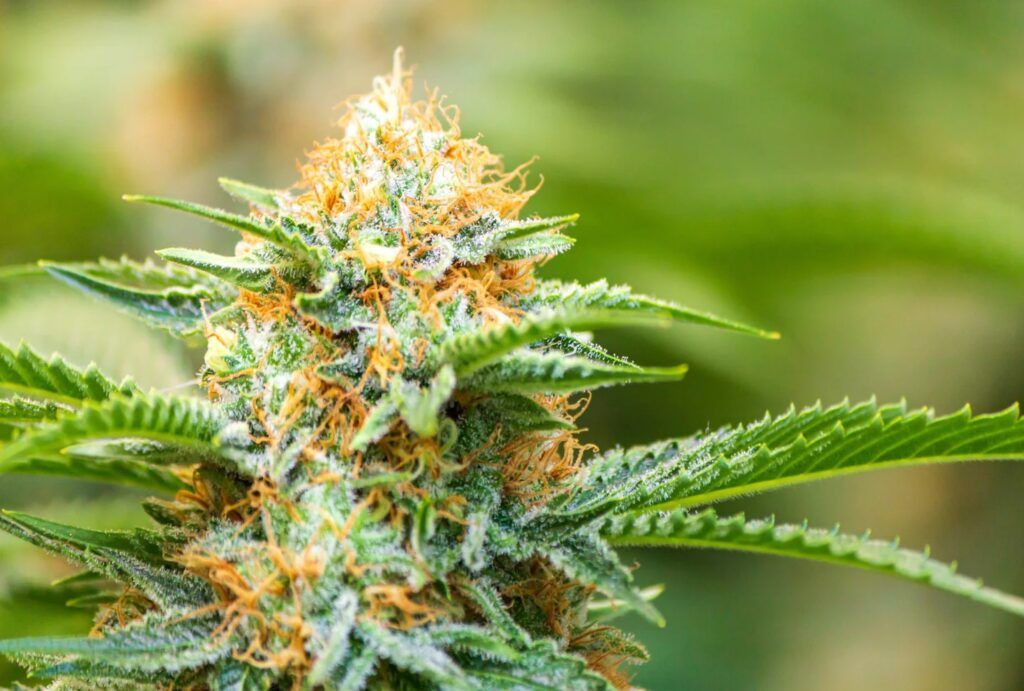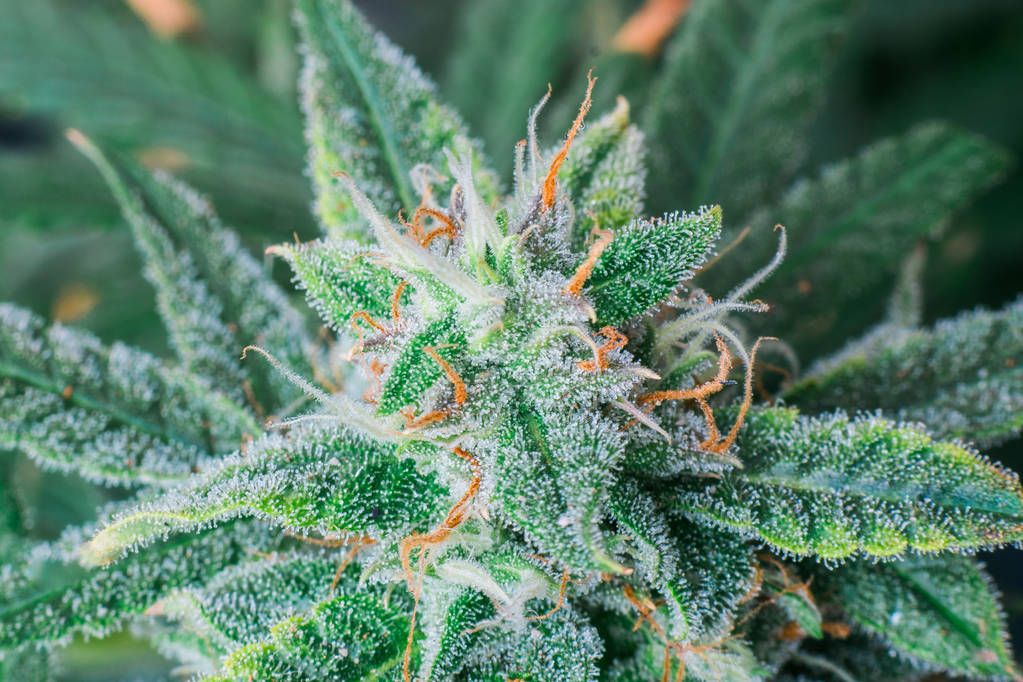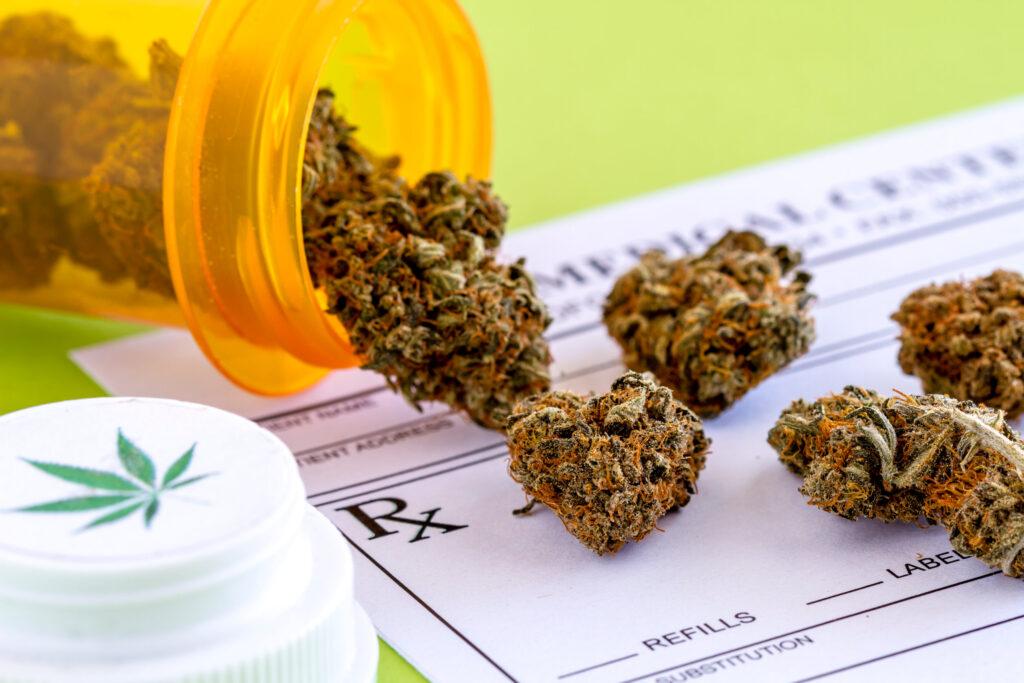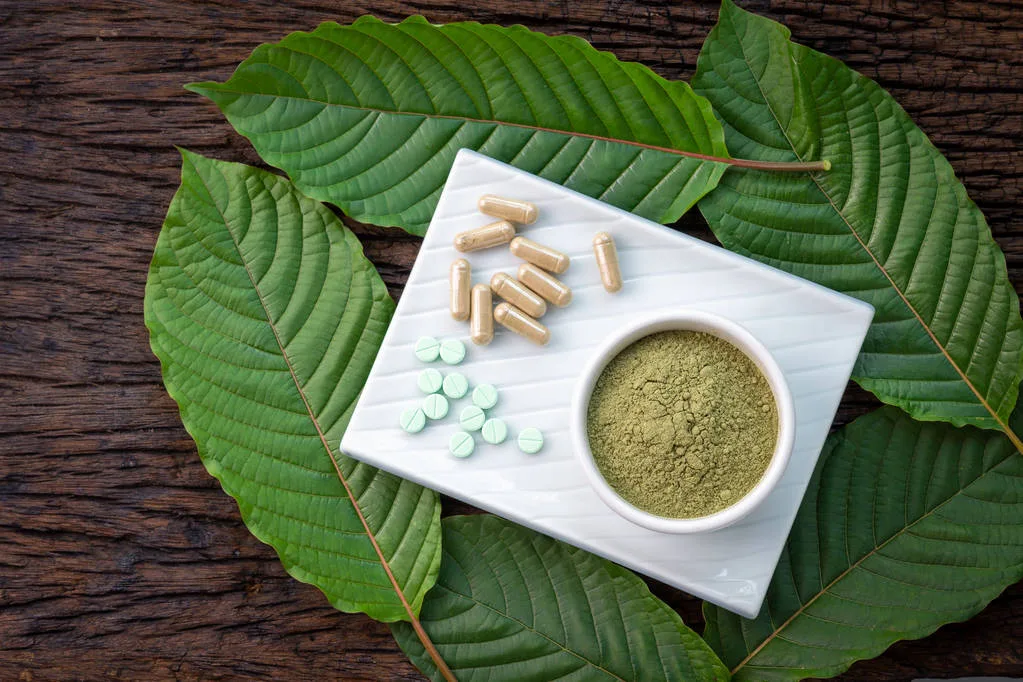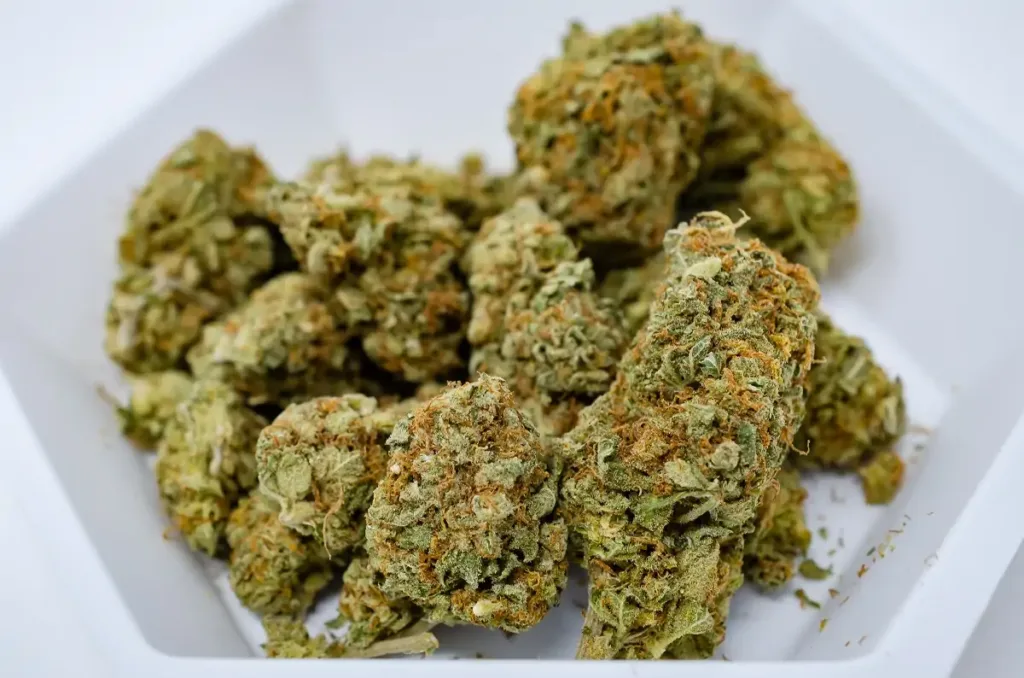The NCAA (National Collegiate Athletic Association) Division I Council has voted to remove marijuana products from the banned drug class for championships and postseason participation in football.
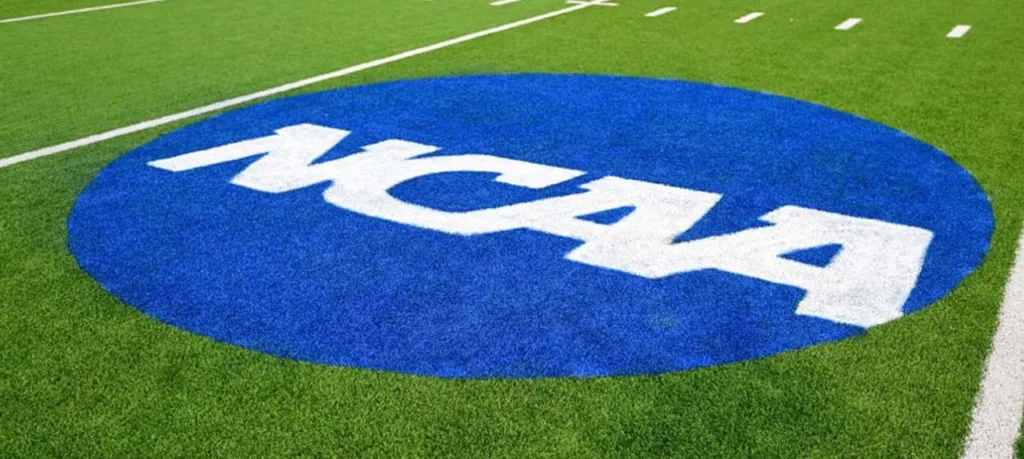
The Council voted today to approve a rule change adopted by the Football Bowl Subdivision and Football Championship Subdivision Oversight Committees to remove cannabinoids from the banned drug class for championships and postseason participation in football, effective immediately.
“The NCAA drug testing program is intended to focus on integrity of competition, and cannabis products do not provide a competitive advantage,” said Josh Whitman, chair of the council and athletics director at Illinois. “The council’s focus is on policies centered on student-athlete health and well-being rather than punishment for cannabis use.”
Continue reading



